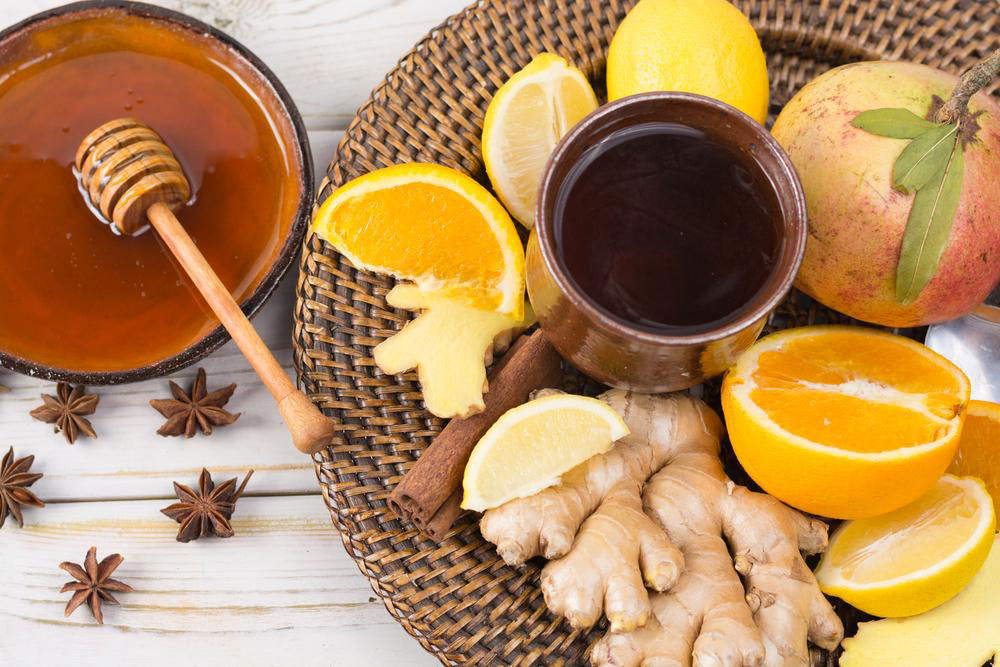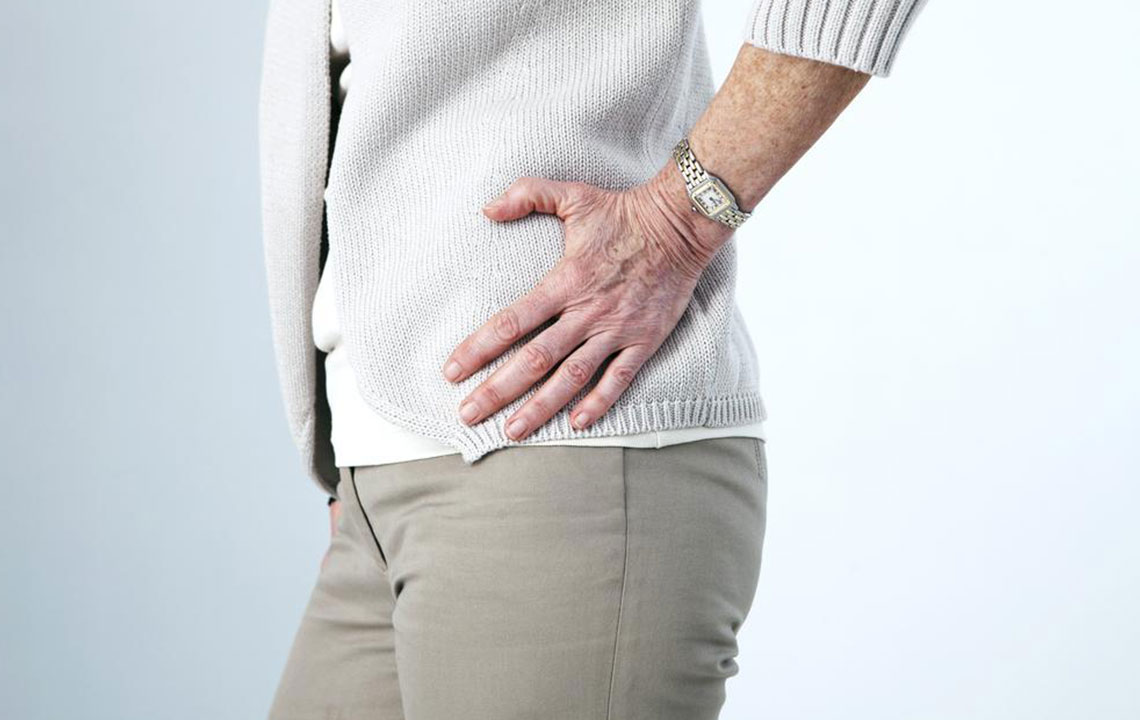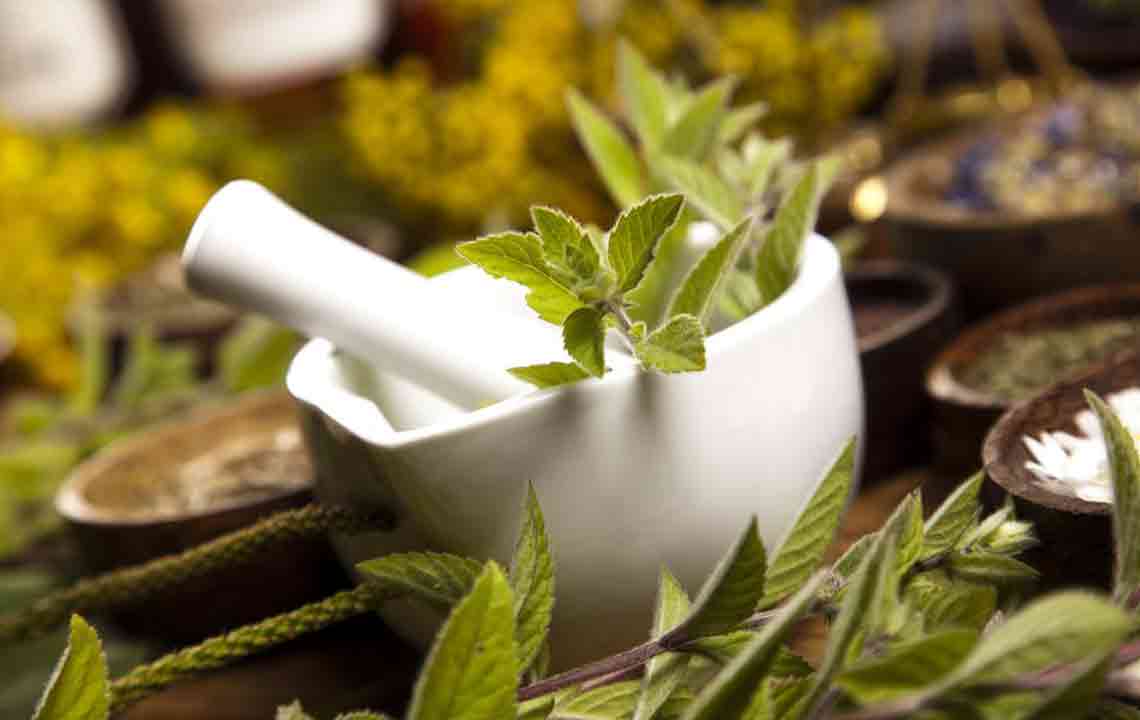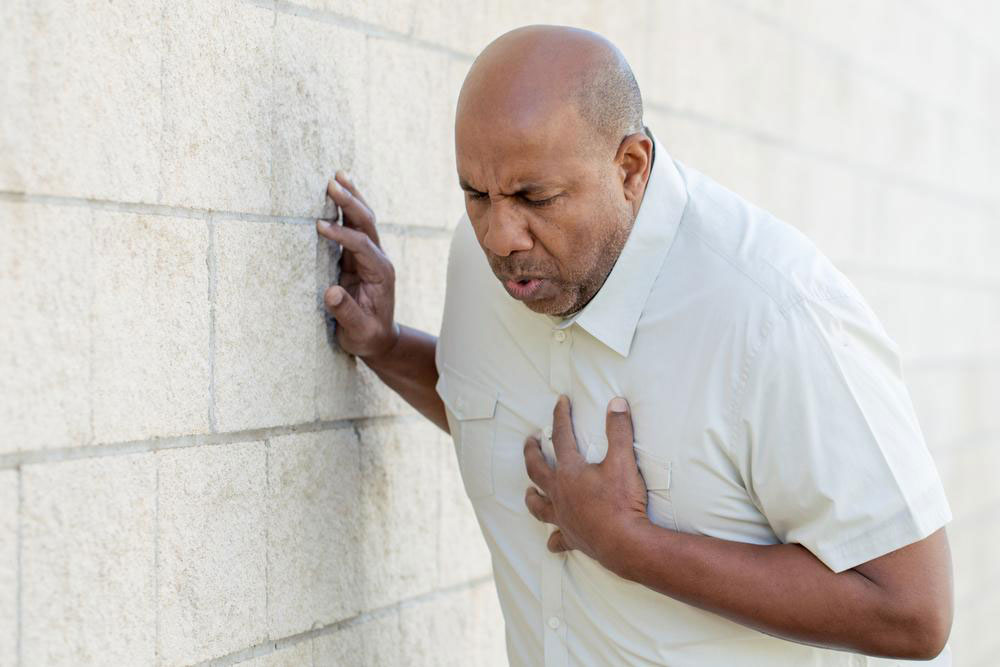Top 5 Frequently Asked Questions About Kidney Stones
Learn about kidney stones through this comprehensive FAQ guide. Discover what causes them, how to identify symptoms, and treatment options including natural remedies. This article aims to educate and empower those affected by kidney stones with clear, concise information to manage their condition effectively.

Understanding Kidney Stones: Common FAQs Answered
Dealing with any health issue can be stressful, and kidney problems are no exception. Kidney stones, a widespread condition, often raise numerous questions for those affected or at risk. To clarify doubts and dispel myths, here are the top five frequently asked questions about kidney stones. Whether you suspect you have them or want to learn more, this guide provides helpful insights.
1. What exactly are kidney stones?
Kidney stones are hard deposits composed mainly of calcium compounds, primarily calcium oxalate. These crystallized formations develop in the urinary tract, including the kidneys, ureters, and bladder. Their sizes vary from tiny 1mm pieces to larger stones. Passing kidney stones often results in severe pain, mainly during urination, due to obstruction in urine flow.
2. How can I identify if I have kidney stones?
Intense pain while urinating or hematuria (blood in urine) could indicate kidney stones. Obstruction caused by these stones hampers normal kidney function, leading to discomfort.
A healthcare professional may recommend scans and tests for diagnosis.
3. Is passing kidney stones extremely painful?
Pain levels vary, but stones can cause significant pain whether they block urine flow or not. Timely treatment is essential regardless of symptoms.
4. What methods are available to break down kidney stones?
The ability to dissolve kidney stones depends on their composition. Stones made of uric acid, which account for about 5-7%, can often be dissolved using medications like potassium citrate. Other stone types may require different treatments.
5. Can home remedies help treat kidney stones?
Some natural remedies, such as lemon juice, apple cider vinegar, olive oil, pomegranate juice, and consuming kidney-friendly foods like beans, may assist in alleviating symptoms or preventing stone formation.
Kidney stones can be serious but are treatable. Understanding these FAQs can help in managing the condition effectively.










